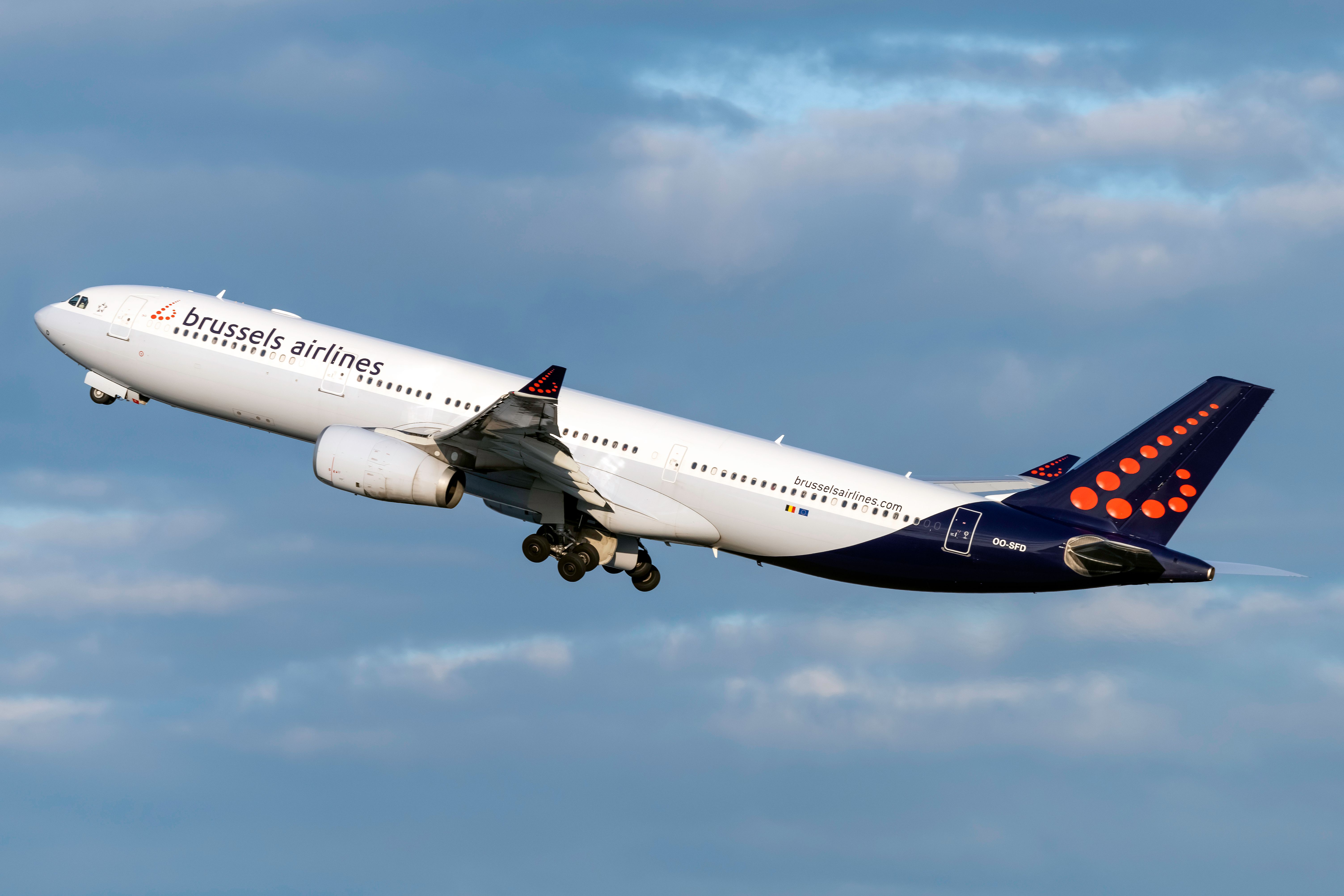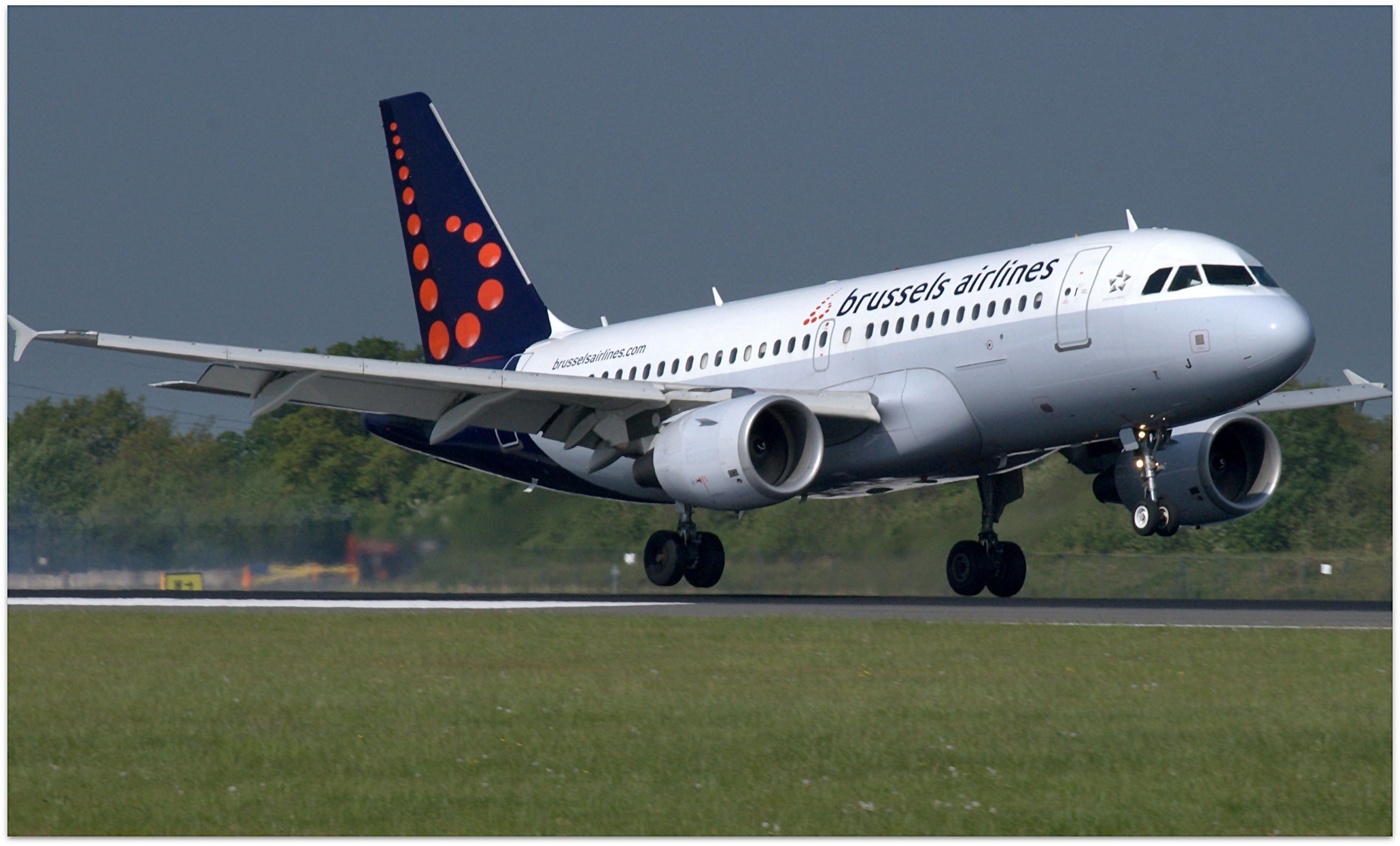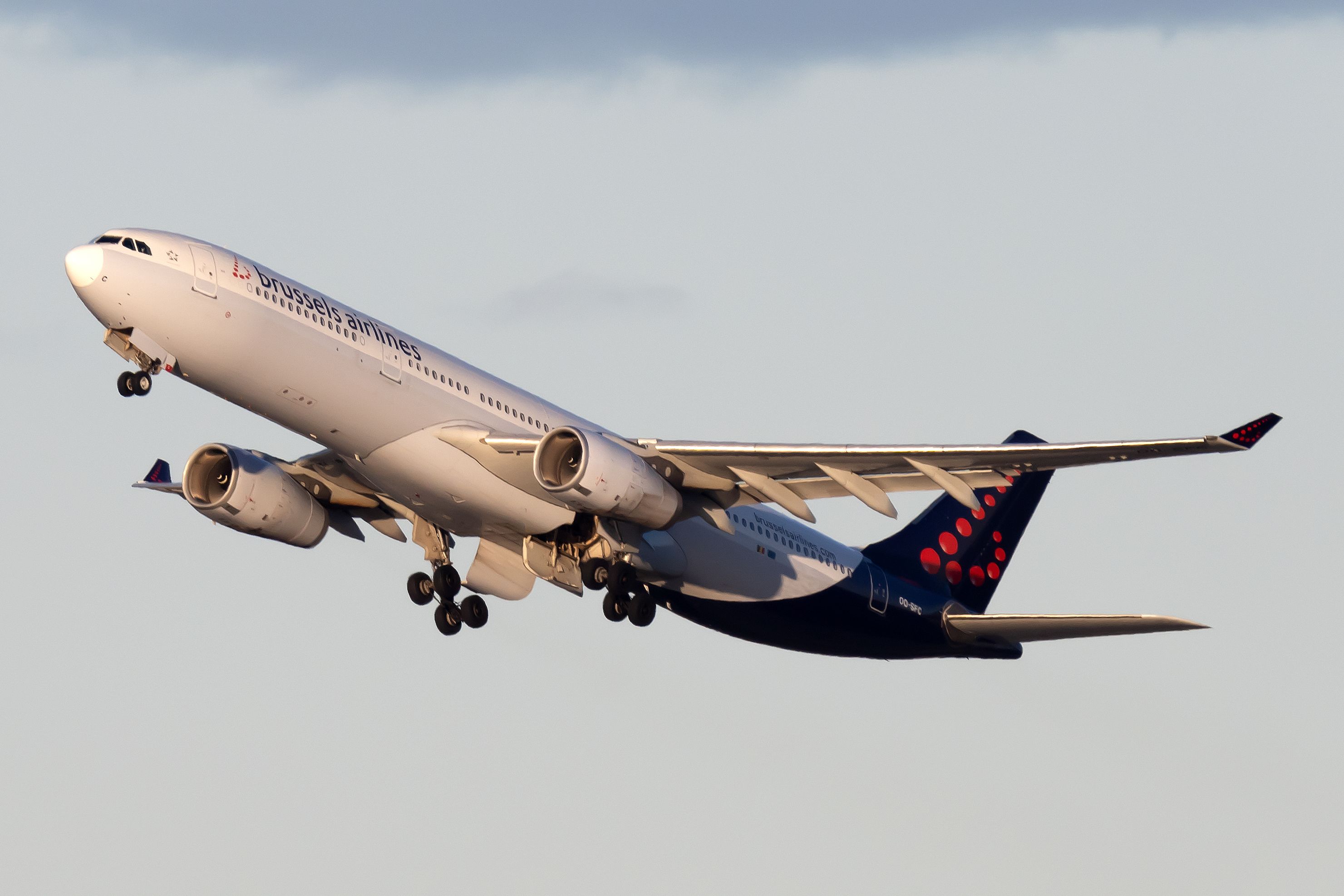On January 1, the first batch of Sustainable Aviation Fuel (SAF) was delivered to Brussels Airport in Belgium. The North Atlantic Treaty Organization (NATO) pipeline that supplies kerosene to Brussels Airlines and Airport will also transport SAF through the same system. this represents a significant milestone towards increasing the use of sustainable fuels to minimize carbon emissions into the environment.
The NATO Pipeline System
The Central Europe Pipeline System (CEPS) is one of several NATO Pipeline Systems used to transport kerosene for ground and air vehicles across Europe. Founded in the late 1950s by NATO, the pipeline system consists of over 3,300 miles (5,300 km) of pipeline across Europe.
The pipeline runs through Belgium, France, Germany, Luxembourg, and the Netherlands. The United States military uses the pipeline system for their foreign missions.
The SAF for Brussels Airlines
SAF is a term used for various kinds of sustainable aviation fuels. While some sustainable fuels are made of used cooking oils, others may come from multiple renewable waste products.
Sustainable fuels reduce carbon emissions into the environment by up to 80% over the lifetime of the fuel, compared to the fuel acquired through fossils. Brussels Airlines uses the Neste MY Sustainable Aviation Fuel that is produced from animal fat waste, used cooking oil, and renewable waste materials.
The pilot project
For the pilot project kicking off with the new year, Brussels Airlines has purchased 2,000 barrels (84,000 US gallons/318,000 liters) of SAF with a 38% blend. Each batch of 265 US gallons (1,000 liters) will be transported from Neste’s blending facilities in Ghent, Belgian.
Brussels Airlines transports the fuel using the CEPS pipeline from Neste to its storage facility at Brussels Airport. The first flight using SAF was conducted at 12:11 yesterday, as flight number SN3737 took off for Malaga.
Brussels Airport is the only airport in Belgium to be currently equipped with infrastructure that fully supplies kerosene for ground and air vehicles through the NATO pipeline. With the addition of the SAF, Brussels Airport and its airline partners aim to reduce their carbon footprint by 5% by 2026.
While the goal is rather ambitious compared to 2% of the European Commission (ReFuelEU), the authorities at Brussels Airport are confident in their existing infrastructure. Sustainable fuel transported through the existing infrastructure is a significant plus for Brussels Airlines and Airport. The CEO of Brussels Airlines, Peter Gerber, says,
“The fact that we can now transport the sustainable aviation fuel from the blending facility all the way to our aircraft at Brussels Airport in a fast and environmentally friendly way is an important step to increase the use of this type of fuel in the near future.” - Peter Gerber, CEO Brussels Airlines
A significant milestone towards minimizing carbon emissions in the environment has been achieved. It won’t be long until the SAF makes up 5% of all total kerosene imports for Brussels Airport.
What do you think about the transport of SAF to Brussels Airport? Have you flown on an aircraft that used SAF? Tell us in the comments section.



